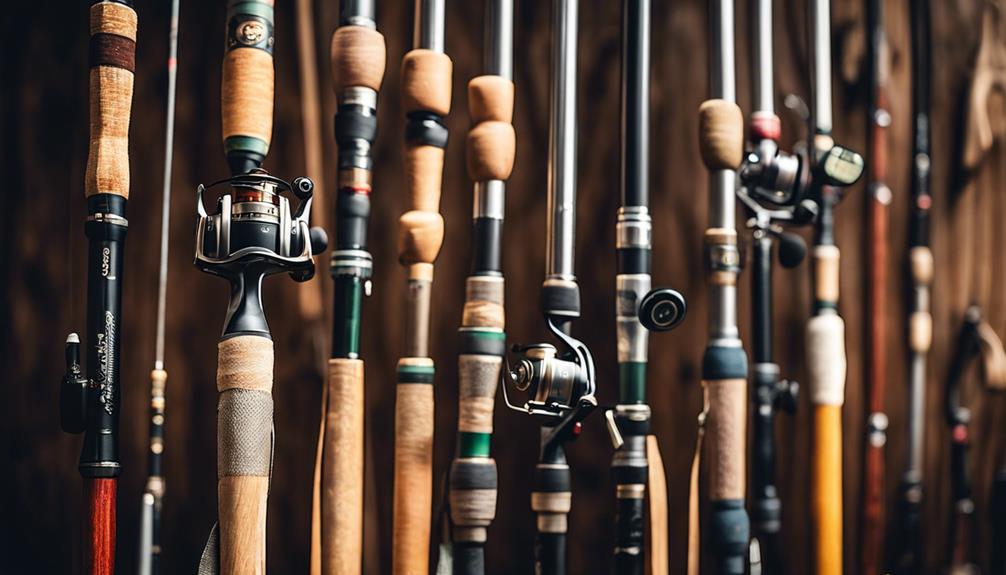Fishing is a cherished pastime for many, offering relaxation and the thrill of connecting with nature. However, one critical question that often arises among both novice and seasoned anglers is, “Do you need a fishing license to catch and release?” In this detailed blog post, we will explore the requirements for fishing licenses, the regulations surrounding catch and release, and the reasons why obtaining a fishing license is vital for responsible fishing practices.
Understanding Fishing Licenses
Fishing licenses are permits issued by government agencies that authorize individuals to fish in specific waters. These licenses are not only a means of regulation but also a way to promote sustainable fishing practices. Each state or region has its own set of rules regarding fishing licenses, including fees, duration, and the types of fishing allowed. Generally, anyone over a certain age—often 16 or 18—must obtain a fishing license to fish legally in public waters. This requirement holds true whether you plan to keep the fish or practice catch and release.
Catch and Release Fishing Explained
Catch and release fishing involves catching fish and then returning them to the water unharmed. This practice is popular among anglers who wish to enjoy the sport without depleting fish populations. While catch and release is a responsible choice for conservation, it does not exempt anglers from needing a fishing license. Understanding the nuances of catch and release is essential for every angler, as it emphasizes the importance of using proper techniques to minimize stress and injury to the fish.
State Regulations and Fishing Licenses
Each state has its own regulations regarding fishing licenses and catch and release practices. Most states require anglers to possess a valid fishing license, even if they plan to practice catch and release. Some states may have specific regulations about which species can be catch and released, as well as rules about the size and number of fish that can be caught. It’s crucial for anglers to familiarize themselves with these regulations before heading out to fish. Failure to comply with state laws can result in fines and penalties, undermining the conservation efforts that fishing licenses support.
The Importance of Fishing Licenses for Conservation
Fishing licenses play a significant role in conservation efforts. The funds generated from fishing licenses often contribute to wildlife management, habitat restoration, and educational programs. By purchasing a fishing license, anglers support initiatives that help maintain healthy fish populations and ecosystems. This is particularly important for catch and release fishing, as it ensures that future generations will have the opportunity to enjoy fishing as well. By understanding the broader implications of fishing licenses, anglers can appreciate their role in preserving our natural resources.
Best Practices for Catch and Release Fishing
If you’re planning to practice catch and release, it’s essential to follow best practices to ensure the fish’s survival. This includes using barbless hooks to reduce injury, minimizing the time the fish spends out of water, and handling the fish with wet hands to protect its slime coating. Additionally, using the right gear—such as lighter tackle and appropriate nets—can help reduce stress on the fish. Being mindful of these practices not only increases the chances of the fish surviving but also reflects an angler’s commitment to responsible fishing.
Common Misconceptions About Fishing Licenses
Many anglers have misconceptions about fishing licenses, especially regarding catch and release. One common myth is that catch and release fishing does not require a license because the fish are not being kept. This is entirely false; regardless of whether you keep the fish or release it, a fishing license is typically required. Another misconception is that fishing licenses are only necessary in freshwater environments. In reality, saltwater fishing also requires a license in many areas, further emphasizing the importance of understanding local regulations.
How to Obtain a Fishing License
Obtaining a fishing license is generally a straightforward process. Most states offer licenses online, in person at designated locations, or through various retailers. When applying for a fishing license, be prepared to provide personal information, including your name, address, and date of birth. Depending on the state, you may also have the option to purchase a temporary or annual license, with fees varying based on age and residency status. Before you set out for a day of fishing, make sure to have your license with you, as you may need to present it to authorities if asked.
The Bottom Line: Fishing License Compliance is Key
In conclusion, if you’re planning to engage in fishing—whether it’s catch and release or keeping your catch—acquiring a fishing license is essential. This legal requirement supports conservation efforts and promotes responsible fishing practices. Understanding the regulations surrounding fishing licenses and catch and release is not only beneficial for the individual angler but also for the health of our aquatic ecosystems. So, before you cast your line, make sure you’re compliant with local fishing laws and ready to enjoy your time on the water while contributing to the sustainability of fish populations.
—
By following the guidelines laid out in this blog post, you’ll be well-equipped to navigate the regulations surrounding fishing licenses and catch and release practices. Remember, a fishing license is not just a permit; it’s a commitment to preserving our natural resources for future generations. Happy fishing!
